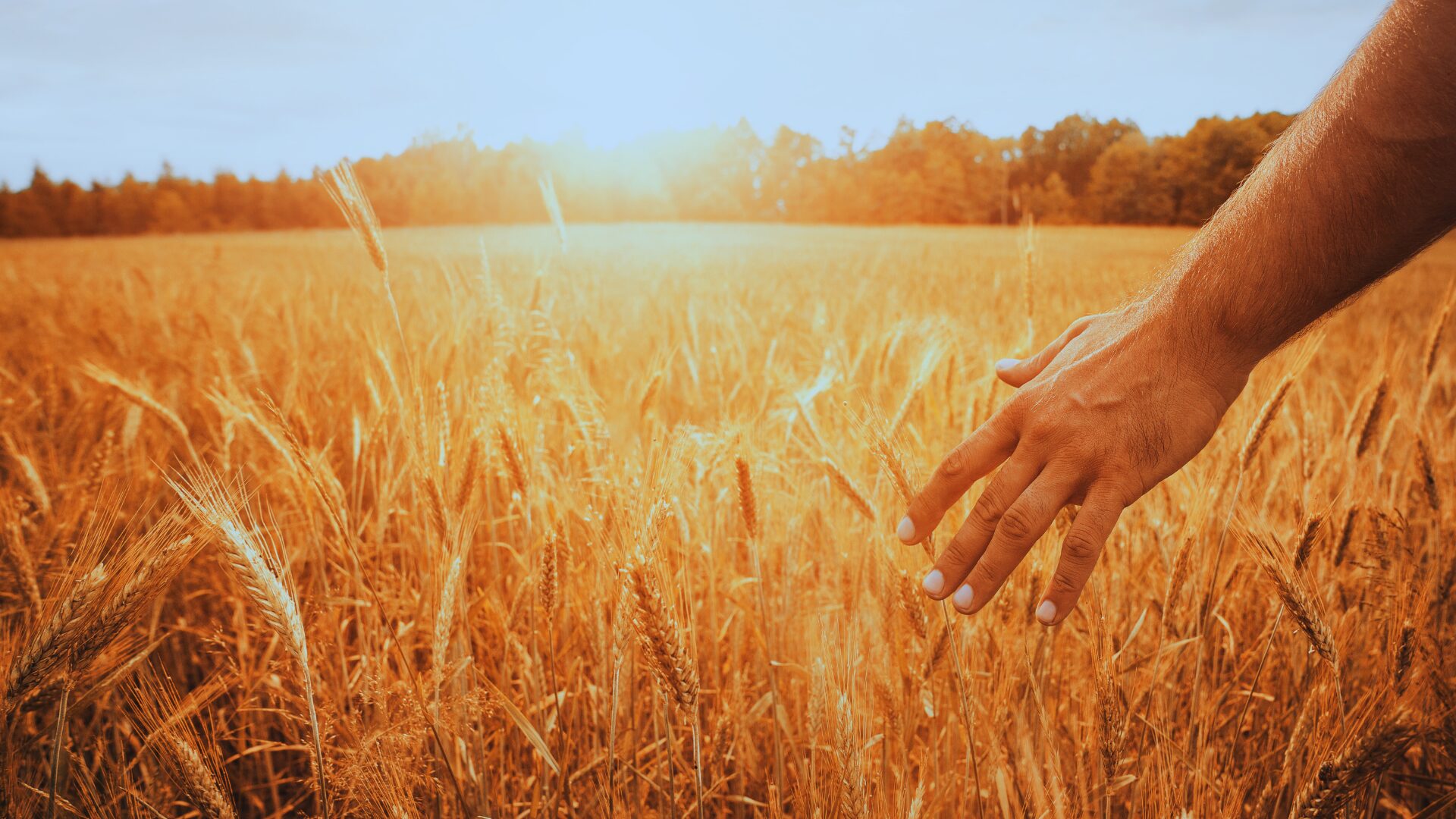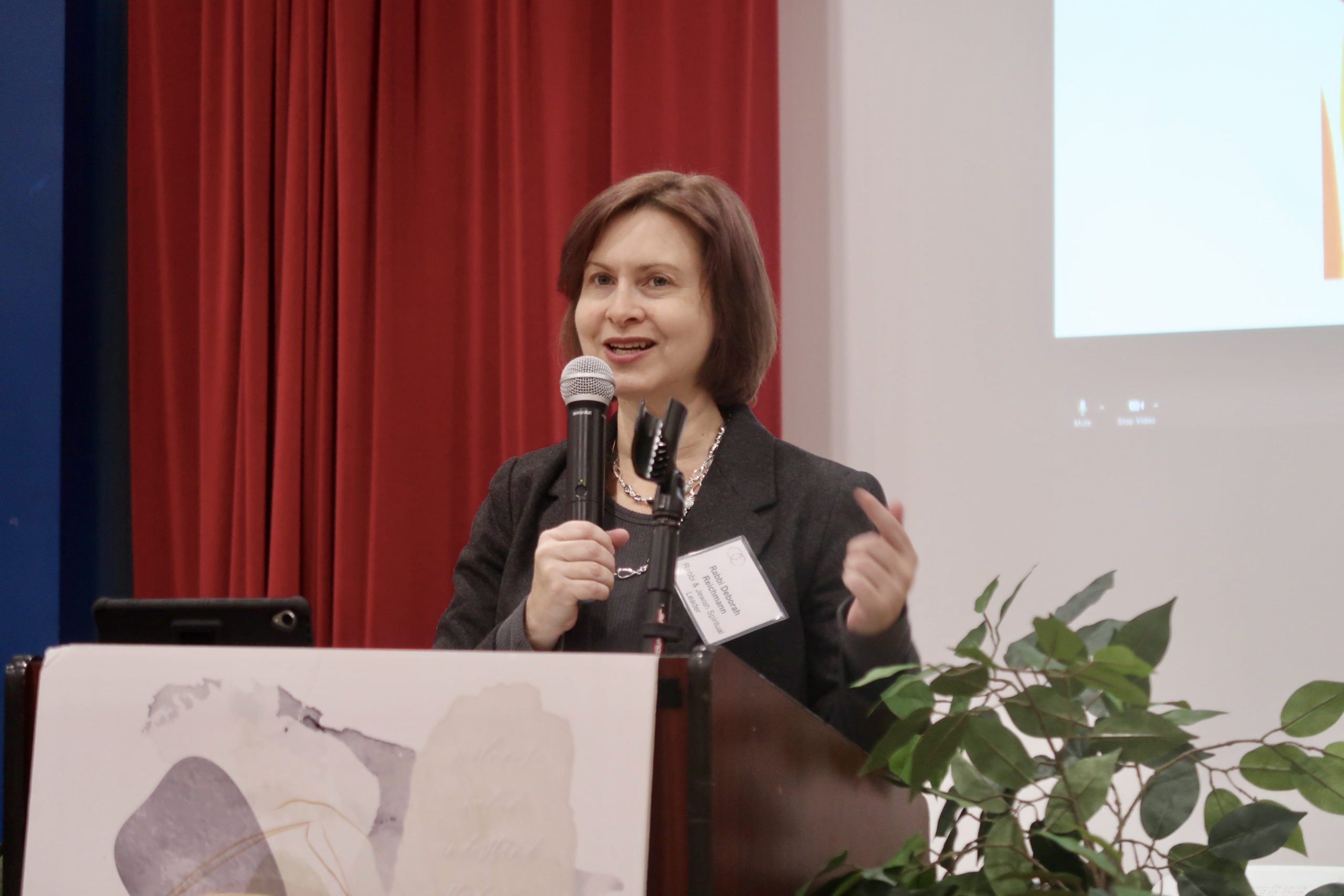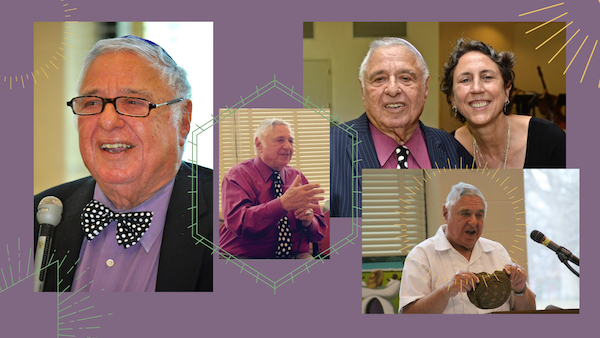Originally written for our Gathering on May 18, 2025
Last month, Jews around the world celebrated the holiday of Shavuot. Like many Jewish holy days, Shavuot carries layers of meaning that have accumulated over time. In Leviticus, the Israelites are commanded to count seven full weeks from Passover and then bring the first fruits of their harvest to the priests. That same passage ends with a reminder to leave part of the fields unharvested so that the poor and the stranger may glean from them.
As I often note, the Torah never misses a chance to place the sacred and the practical side by side—emphasizing that commandments between people matter just as much as those between humans and God.
Several things stand out in these verses. First, Shavuot is clearly agricultural in origin. Yet we still celebrate it today, long after the Temple and sacrificial offerings have vanished from Jewish life. Unsurprisingly, the rabbis of the Talmud reimagined the holiday: they counted the weeks from the Exodus to Mount Sinai and tied Shavuot to the giving of the Torah—a brilliant move that gave the festival enduring spiritual meaning.
Second, at the time the Torah was (theoretically) given, the people were wandering in the desert, eating manna, and nowhere near a field. Why, then, all these harvest laws? Because they’re prophetic. These commands envision a future with land, governance, and community. They offer hope to newly freed slaves—a sign that their journey has a destination.
Most striking is that this vision is rooted in justice. The promised future is not merely one of prosperity, but of sharedprosperity. You will have fields—but you will leave part of them for the vulnerable. Kindness and compassion are not afterthoughts; they’re baked into the structure of society. As Deuteronomy later emphasizes, being good is not optional—it’s essential.

The central reading for Shavuot is the Book of Ruth. While often remembered for Ruth’s loyalty to Naomi, the story’s deeper relevance to this holiday lies elsewhere. When Naomi and Ruth return to Israel destitute, Ruth gleans from the corners of the field—just as Leviticus commands. There she meets Boaz, whose generosity and integrity lead to their union. Their lineage produces King David, whose royal bloodline is grounded not in conquest, but in righteousness.
Had the Israelites not believed in the Torah’s promise, their wilderness journey might have felt endless and aimless. But the vision of a just and caring society made the trek bearable. It transformed suffering into growth and molded a frightened group into a people.
We may not see prophecies today, but the lesson remains. There is a future to build and good to be done along the way. It is through kindness, charity, and love that we walk the path. The Torah offers not only commandments, but also quiet, profound wisdom—treasures hidden in plain sight. And in many ways, those hidden treasures are the true pearls of this ancient and sacred text.




